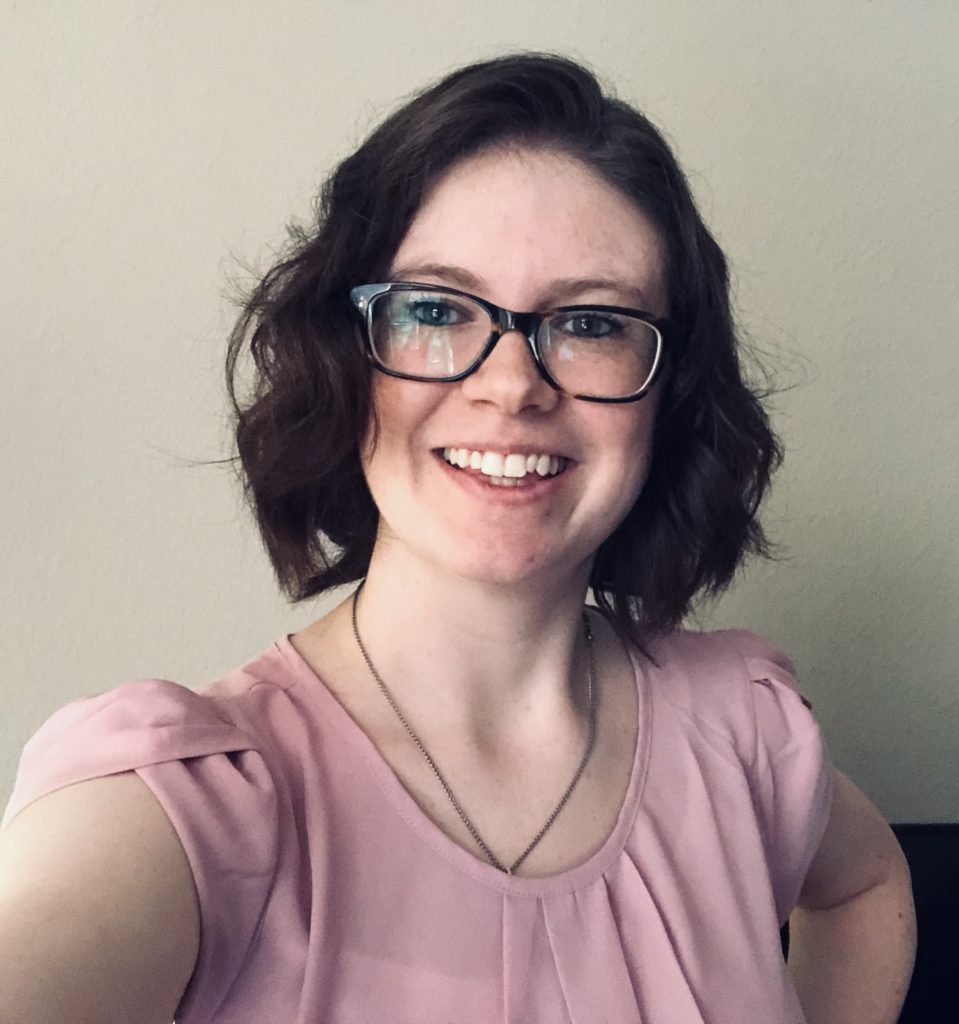Ashlie Glassner First-Author Paper Focuses On Stigma By Engaging Persons Living With Dementia In Research

 Ashlie Glassner, a student in the Nursing Science Ph.D. program, published a first author paper entitled “Fighting Stigma by Engaging Persons Living with Dementia in Research” in Issues in Mental Health Nursing.
Ashlie Glassner, a student in the Nursing Science Ph.D. program, published a first author paper entitled “Fighting Stigma by Engaging Persons Living with Dementia in Research” in Issues in Mental Health Nursing.
The paper is about how the stigma around dementia has affected the level of engagement persons living with dementia (PLWD) have in research.
She explained that PLWD are often not given a chance to contribute to research because of stereotypes that label them as incompetent or incapable.
“In this manuscript, I emphasize how PLWD are engaged in research from their perspective,” she said. “I describe the various reasons why they are usually not included in research, why they should be included, and how we can include them more often and in more meaningful ways.”
Glassner believes that PLWD should be given more opportunities to contribute to research, not just as a participant but also as a partner.
“This manuscript is important because it demonstrates how PLWD can be involved in research in powerful ways,” she said. “Research should be relevant for the population being studied, and getting the opportunity to learn from the lived experiences of PLWD ensures that the research can be relevant for them.”
She would like the public to know that there are so many stereotypes about dementia that are not true.
“There are common misperceptions that PLWD cannot do a lot of things after getting a diagnosis. They often have many decisions and choices taken away from them, and they are typically viewed as incapable,” she said. “However, every person living with dementia has their own lived experience, and they have so much to offer. Partnering with PLWD in research and learning from their lived experiences is incredibly important for improving the care they receive.”
Her mentors are Dr. Janna Lesser, Dr. Carole White, and Dr. Kylie Meyer.
“I feel very excited about getting this manuscript published and being able to contribute to the literature. I’m also very grateful for the support and guidance that I’ve had from my mentors,” she said. “I would not have been able to do this without their help.”
Glassner will be continuing her work and is starting a study to examine the ways PLWD perceive themselves after developing dementia and the impacts it has on their mental health and quality of life. She is now partnering with a woman who is living with dementia on this study about dementia-related stigma.
In Press is a section in The Pipette Gazette that highlights publications by students. To read more In Press articles, click here.
